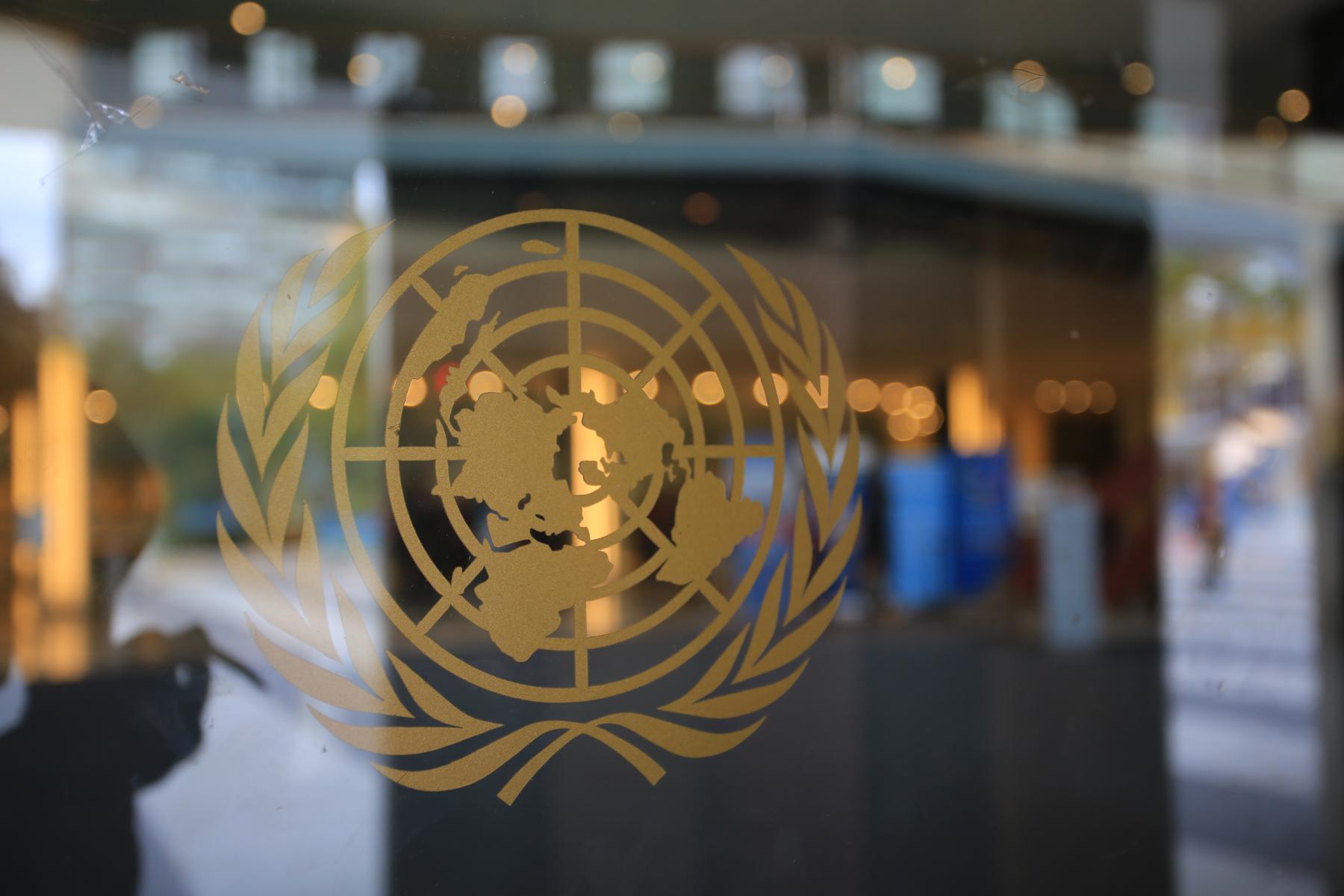Blog Post
The World Needs an Assembly, Not a Board, of Peace
President Trump's Board of Peace creates a false choice: either action via the Board or inaction via the Security Council. But there is a third way.
Blog Post
Moving Beyond GDP: Measuring Human and Planetary Well-being
As the UN debates moving beyond GDP, measuring governance, equity and planetary health may redefine what real progress means.
Blog Post
Small AI, Big Results
How accessible, task‑focused AI tools can advance more equitable and sustainable development.
Blog Post
Soft robots for humanity
Soft robots use flexible materials and AI to navigate complex environments and assist humans in diverse tasks.
Blog Post
Exoskeletons for rehabilitation
AI-powered exoskeletons help people with mobility challenges regain movement and independence.
Blog Post
Multimodal adaptation of large language models for smart mobility in Africa
Large language models and multimodal AI improve mobility by optimizing traffic and transportation systems in African cities.
Blog Post
Leveraging AI in 5G networks to address efficiency challenges
AI enhances 5G networks by improving efficiency, optimizing performance and reducing energy consumption.
Blog Post
Machine learning supporting ecology
Machine learning supports ecological research by automating wildlife monitoring and improving conservation efforts.
Blog Post
AI medical diagnostics and treatment
AI enhances medical diagnostics and treatment by enabling earlier detection and improving access to care.
Blog Post
AI-powered wearable robots providing personalized assistance for mobility
AI-powered wearable robots use real-time data to provide personalized assistance and improve mobility for everyday activities.

